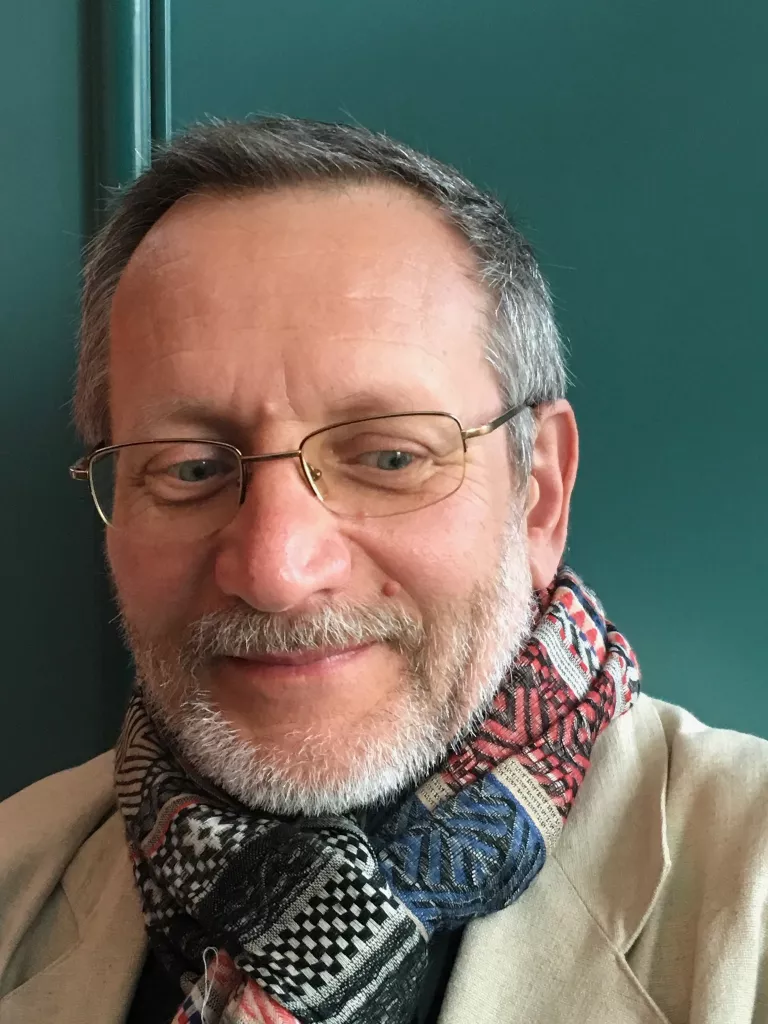NRESi Colloquium; Survival How? Pandemics, Transgressions and Education for the Anthropocene. Dr. Alex Lautensach, School of Education, UNBC

The CoViD-19 pandemic has caught much of humanity by surprise, despite repeated warnings by the scientific community. Yet, the pandemic also represents a multidimensional learning opportunity. It illustrates the human predicament in the Anthropocene in its exponential growth patterns and dynamics. Based on his latest book [1], the author will interpret the Anthropocene as a period of population anomaly and transition, governed by significant choices and patterns of behaviour regarding resource use and ‘development’. Education in the sciences, the social disciplines and the humanities can contribute significantly to our successes or failures with respect to the environmental, socio-political, economic and health-related challenges to future human security. A crucial potential influence comes from cultural learning at the individual and collective levels, particularly involving cultures learning from each other.
[1] Lautensach, A.K. 2020. Survival How? Education, Crisis, Diachronicity and the Transition to a Sustainable Future. Paderborn, Germany: Schoeningh-Brill. https://www.schoeningh.de/view/title/53644
The Natural Resources & Environmental Studies Institute (NRESi) at UNBC hosts a weekly lecture series at the Prince George campus. Anyone from the university or wider community with interest in the topic area is welcome to attend. Go to http://www.unbc.ca/nres-institute/colloquium-webcasts to view the presentation remotely.
Past NRESi colloquium presentations and special lectures can be viewed on our video archive, available here.
Contact Information
Al Wiensczyk, RPF
Research Manager,
Natural Resources and Environmental Studies Institute
Phone: 250-614-4354
Phone: 250-960-5018
Email: al.wiensczyk@unbc.ca